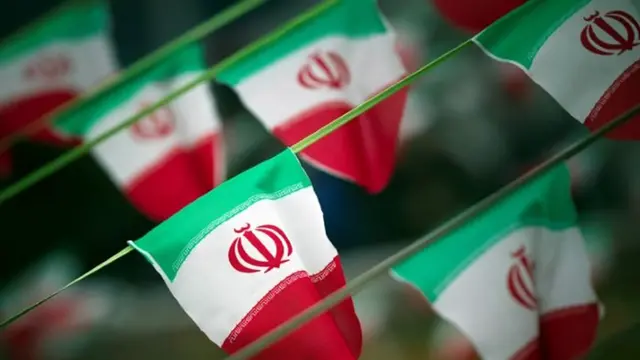China will bag a 91% share in gross revenues from Gwadar port, in Pakistan’s Balochistan province, and 85% from the surrounding “free zone,” under a 40-year deal finalized by Pakistani authorities with the China Overseas Port Holding Company.
The numbers were revealed by Pakistan’s federal minister for ports and shipping, Mir Hasil Bizenjo, in the Pakistan Senate last Friday. He also disclosed that Pakistan will pay back US$16 billion in loans obtained from Chinese banks for the development of Gwadar port, the free-trade zone and all communications infrastructure, at rates of over 13%, inclusive of 7% insurance charges.
The project forms part of the US$56 billion China-Pakistan Economic Corridor (CPEC). Business figures say China will recoup its entire CPEC expenditure in the first four years out of earnings from Gwadar port –which was inaugurated a year ago – and the free zone.
Bizenjo added that the Chinese port holding company will operate the port over the next 40 years through a BOT (build-operate-transfer) arrangement. Pakistan will take over the port’s operation, along with responsibility for infrastructure maintenance, after the expiry date.
The minister’s disclosure comes on the heels of persistent demands from lawmakers for details of the long-term agreements inked with the Chinese authorities to be revealed, amid accusations that the federal government had attempted to sweep them under the carpet.
Most senators are of the belief that the long-term agreements are heavily tilted toward China. Raza Rabbani, who is chairman of the Pakistan parliament’s upper house, bowed to pressure from lawmakers and directed the Senate Standing Committee on CEPC to look into whether Pakistan’s national interests are undermined by financial obligations entered into via the agreement with China.
Pakistan Tehreek-e- Insaaf Senator Mohsin Aziz, who could not be reached for comment by Asia Times, is of the view that the long-term contracts entered into in relation to CPEC most certainly do undermine the national interest. “Such deals need input from the private sector and the government should have involved the trade organizations before signing deals of national significance,” he told the Senate, adding that the private sector would have been able to negotiate better deals for Pakistan than its bureaucrats.
Business leaders are indeed skeptical of the agreement’s 40-year term, stressing, in particular, that the infrastructure, roads, machinery and plant is unlikely to remain in workable condition in four decades. By the time Pakistan takes over responsibility for its maintenance, they say, it will need significant upgrading.
Muhammad Ishaq, a leading importer and one-time director of the Khyber Pakhtunkhwa Board of Investment & Trade (KPBOIT) told Asia
Times: “The hefty share in the revenue of port and free economic zone is not the only issue which will deal a severe blow to economy. The government also allowed contractors and sub-contractors associated with China Overseas Port Holding Company an exemption from income and sales taxes, and federal excise duties, for a period of 20 years,
besides a 40-year tax holiday granted for imports of equipment, material, plant, appliances and accessories for port and special economic zone.”
He added that major shares of the earnings from the port and free zone would go to Chinese companies, while Pakistan will struggle to service costly loans obtained from Chinese banks. The 2,282-acre free zone, he said, will include factories, logistics hubs, warehousing facilities and display centers that will all be exempt both from customs duties and from provincial and federal taxes.
(ASIA TIMES)
 简体中文
简体中文

